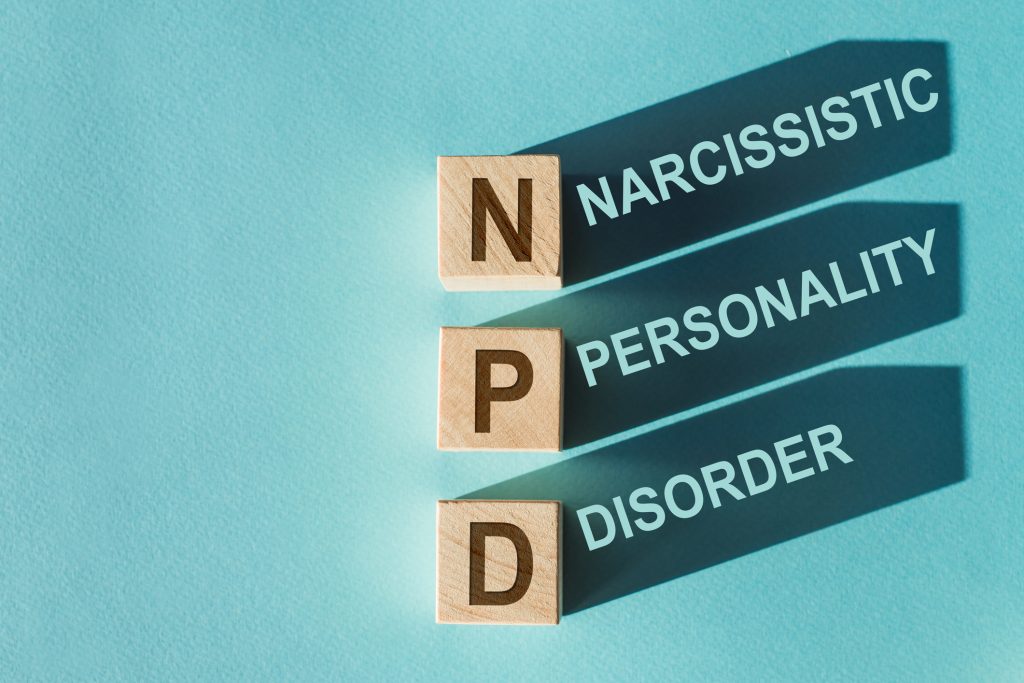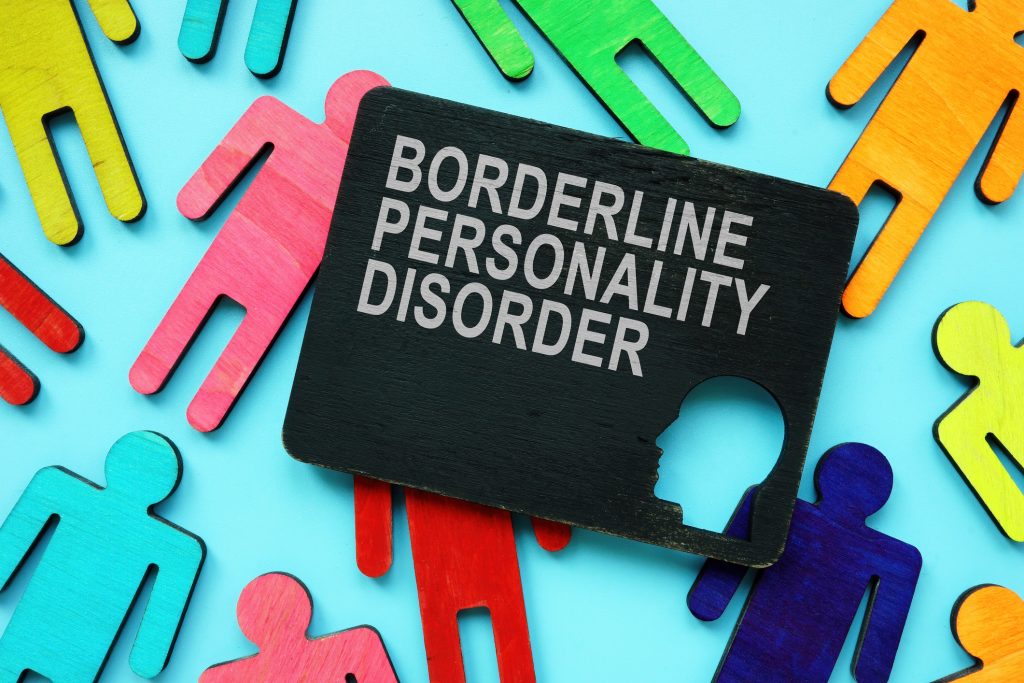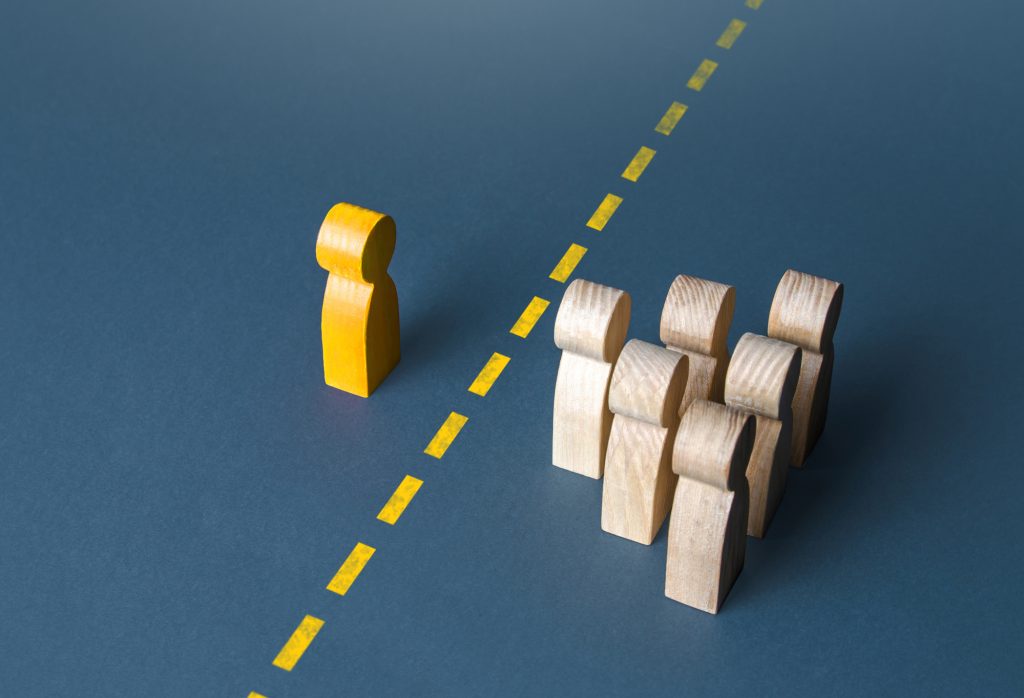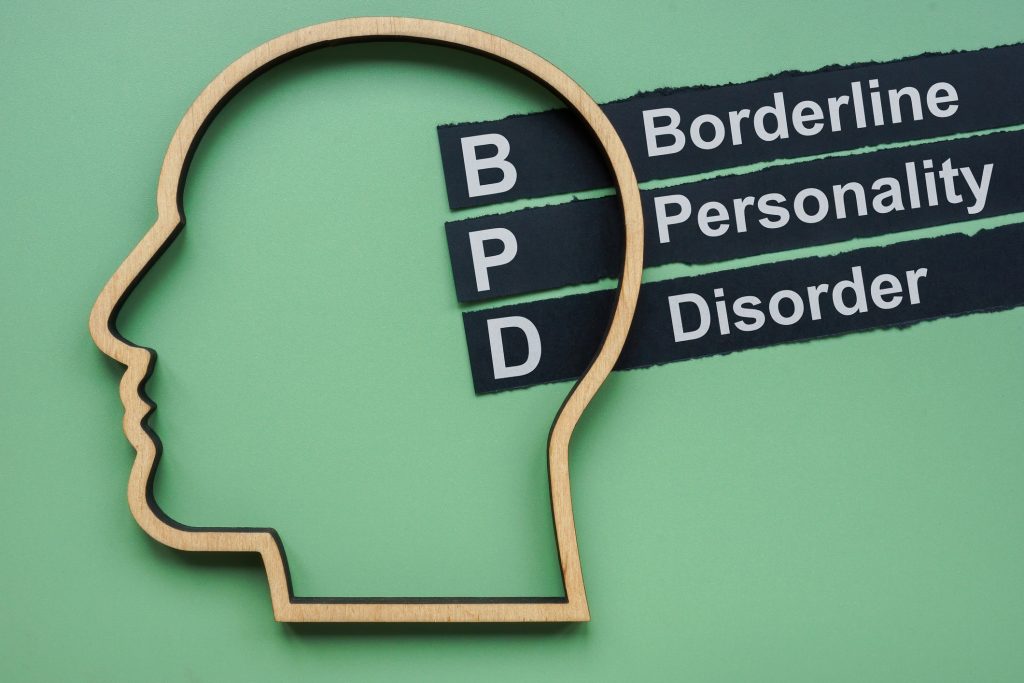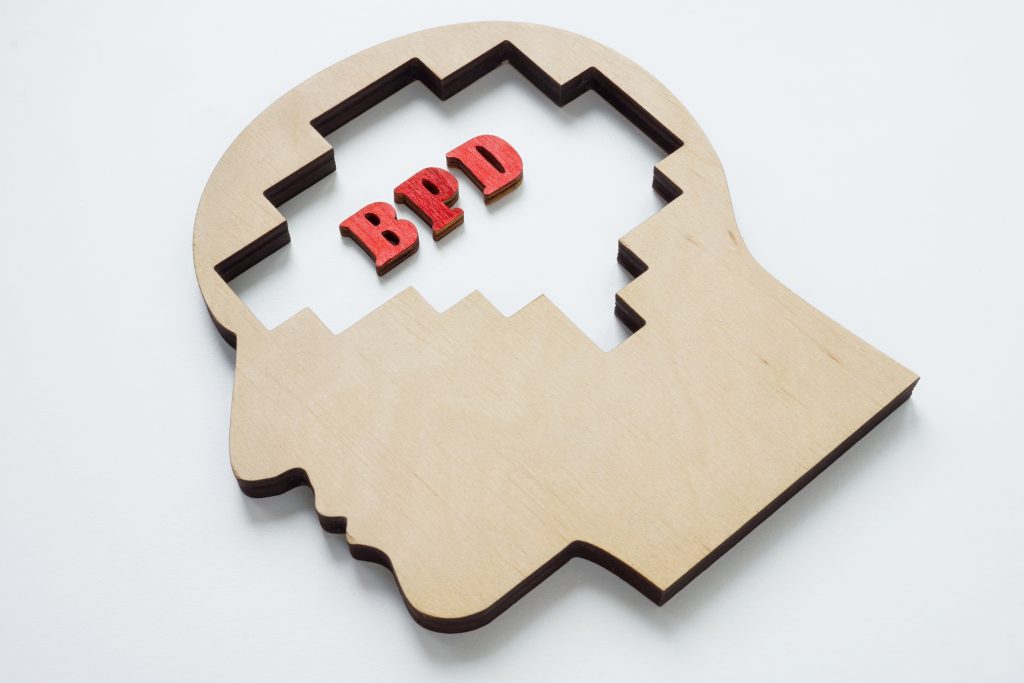
Separating from Your BPD Partner
By Jules Pechersky
If you’re enmeshed with someone with BPD, it may feel hurt, confused and devastated. You may feel as if you’re all alone and have no one to turn to. You may feel as if you’re missing out on your autonomy. Your sense of self. Maybe you’re thinking about the person you were before you started this relationship.
Mixed in are moments of love, intimacy, and bonding you’ve shared. If you’ve been in a relationship with your partner for a long time, it’s possible that you can’t imagine yourself with anyone else. This is even more likely for your partner with BPD. If you’re familiar with BPD, you may know that people w ith BPD often develop a “favorite person”, someone that they idealize and adore spending time with above anyone else. More than just regular love, they experience infatuation and distress when they’re not with you.
You will find someone else. They will find someone else. Or, you’ll be happy alone. Either way, life will go on.
As someone with BPD, who was enmeshed with someone with very severe BPD, I open – heartedly guarantee this. A partner that drains your energy, agency, and self – esteem is NOT the partner for you.
Here’s what you can expect when separating from your partner with BPD.
Stage 1: Starting the conversation
People with BPD are highly emotionally volatile and sensitive. Depending on their symptom profile and how well – managed their BPD is, it may feel impossible to find a way to bring up such a dev astating topic. If your partner also has reservations about the relationship and brings them up subtly or explicitly, this could be a great time to start that conversation gently .
Don’t rely on them to initiate. Start by bringing it up in an indirect way . For example
Hey [X], can we talk for a sec?
- I’ve noticed that I’ve been feeling drained when we spend time together. Have you noticed that as well?…
- Do you feel like you get enough alone time?
- I’m a bit stressed , and there are some things I’d like to chat about. Is that cool?
- We’re [y] months / years into our relationship, and I just wanted to touch base. How are you feeling about it?
You’ll sometimes hear advice about being extremely direct and asserting your boundaries. This can put some people off from breaking up with their partners, because they feel afraid to, it’s not in their nature, or they don’t want to hurt their partner needlessly.
Don’t worry, you will be asserting your boundaries later! Starting indirectly is equally good, as long as you reach the same conclusion.
Your partner will likely still react emotionally to indirect conversation starters (you would , too!), but this will be a more relaxed starting point for the conversation.
Stage 2: Conflict
Once your partner senses you’re thinking about breaking up, they react emotionally. Breakups are distressing for everyone, but people with BPD have their emotions dialed up to the maximum in intensity.
Your BPD partner may spiral into guilt, rage, or sadness. They may start arguing with you, reinforcing your love for each other and how you’re meant to be soulmates, or getting enraged. Their extreme reaction is the BPD way of d ealing with overwhelming emotions.
At this point, you’ll need to reinforce that you want to break up continuously . Leave no room for doubt. You can establish several minimal points about the other person :
- You feel that you’re too dependent on each other
- You feel like it’s draining when you spend time together
- Reinforce the extent of your understanding of their constant suffering , but tell them that you can’t emotionally support the unhealthy ways they deal with emotions. Redirect them to a therapist .
- You think that you both should step away and focus on recovery fully
Stage 3: Ensuring safety without involving yourself
Part of the symptom presentation of BPD is that people with BPD cope with their emotions with unhealthy behaviors. This could involve harming themselves, attempting suicide, binge eating, risky sexual behaviors, or using drugs. You don’t need to dive in and save them, like you’ve probably had to many times throughout the relationship. Let them cope in their way unless they’re posing serious harm to themselves (actual risk of suicide beyond an unfulfilled threat, permanent self – harm injury).
In this case, you can ensure your partner’s safety without further involving yourself. Call a trusted friend or family member of theirs and/or emergency services. You can attempt to remove nearby sharp objects or pills. No matter how painful it is to see your partner this way, you can’t take responsibility for what they do. Their actions are theirs alone and it’s not your responsibility to keep them from spiraling. However, it is your responsibility to not spiral with them. You’ve already spent so long carrying their pain. You can put it down now.
Stage 4: Post – breakup
Congratulations! You’ve completed the most challenging part of reclaiming your life. Rejoice , celebrate, and let the people in your life know (they’ve probably been the biggest haters of this relationship themselves). Many people may not have told you how they felt about your partner , but tell them too. It’s annoying, but you’ll hear people say, “Oh, this relationship was literally the worst!” for the first time, after you’ve already broken up .
Your partner with BPD will likely be out there testing your boundaries. You will receive texts and phone calls. They may think they can get back together with you after they sort themselves out. Continue to reinforce your boundaries, and that you don’t want to communicate anymore.
“Hey, I don’t think it’s healthy for us to communicate anymore. I won’t respond further, but I wish you the absolute best.”
Or, even softer:
“Hey, I don’t think it’s healthy for us to communicate anymore. Thank you for what you’ve given me in this relationship, but I won’t respond further. I wish you the best.”
If your now – ex still tries to contact you, stop answering.
Stage 5: Recovery
Depending on how long and destructive your relationship was, you will be recovering for weeks to months. Forgive yourself for how long it took you to break up. You were doing your best.
You may feel instant relief. You may feel your free time suddenly open up before you like a boundless field.
You may feel crushing grief. You may feel confused. You may begin processing the amount of hell your enmeshment your partner has put you through. I still haven’t processed my enmeshed relationship that ended five and a half years ago. You may not understand what even happened to you throughout your relationship.
Fortunately, you’ll soon experience:
Stage 6: Freedom!
You have given up a lot to be in this toxic relationship and now it is time to take care of you. It’s time to rediscover who you are and why you like (and yes, love) yourself. By being committed to your heal, you will experience self-confidence and self-love. By re – engaging in hobbies and reconnecting with friends, you’ll experience life. Your inner light and weight will shine and you’ll begin to feel a sense of agency, autonomy, and personhood. You’re longer being tossed around in a turbulent relationship that swallows you up whole.
It is shocking how much an enmeshed relationship takes away your joy and freedom. You’ll start to experience what that is. You may have forgotten, but trust me, the body and heart remembers.
Breaking up with your enmeshed BPD partner will be extremely difficult. It’ll be exhausting, emotional, chaotic, and make you question your decisions and sanity. Leaving a toxic and draining relationship is the best thing you can do for yourself.
Best of luck – you can do this!






